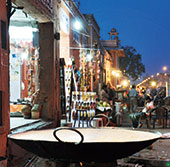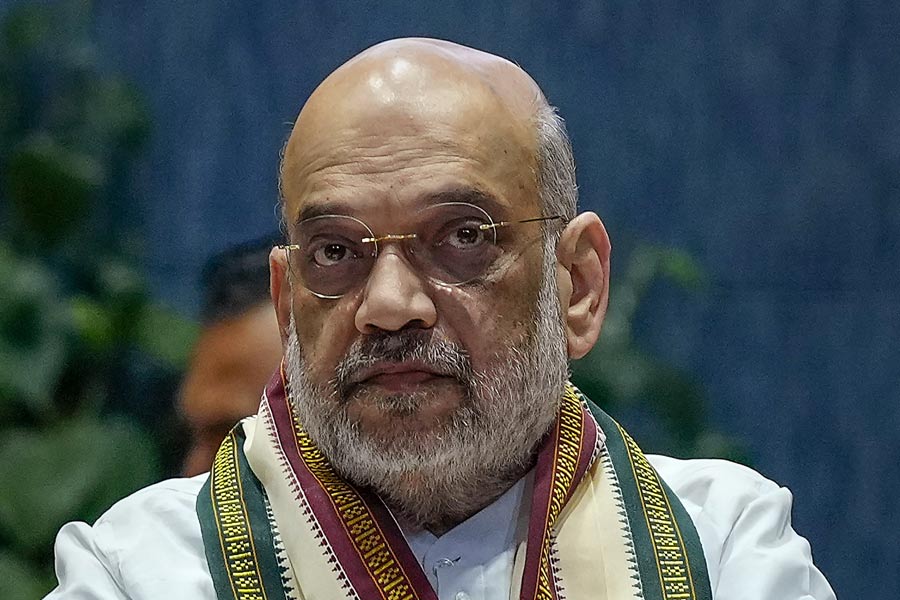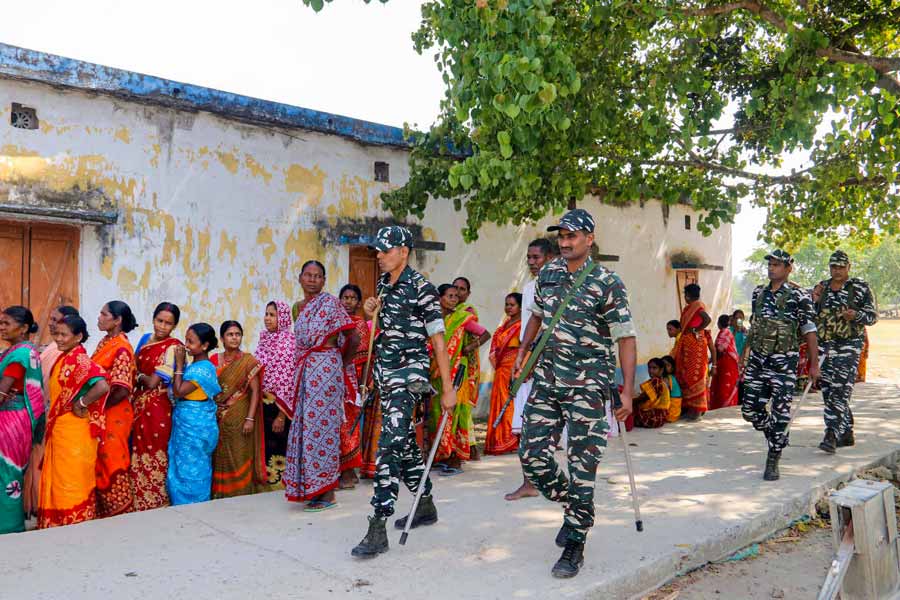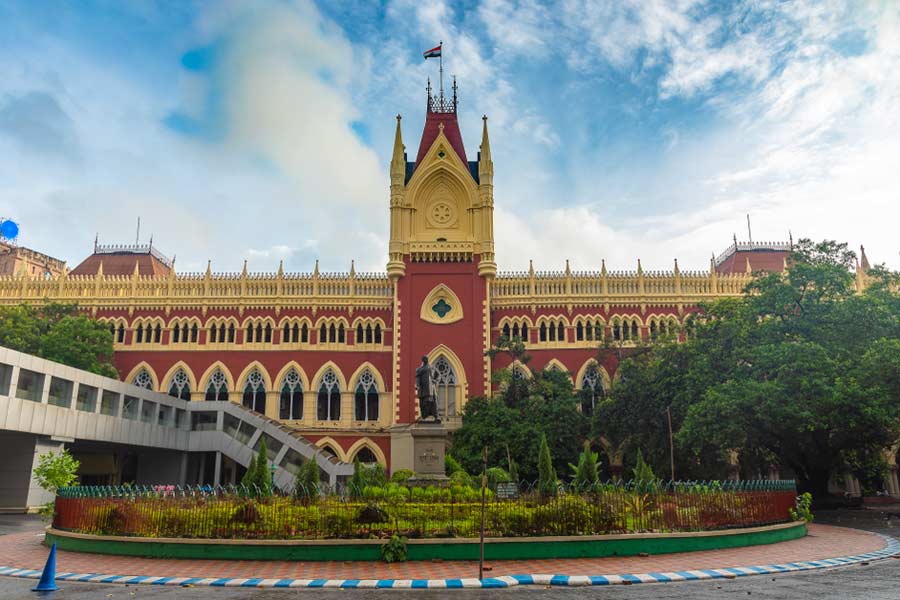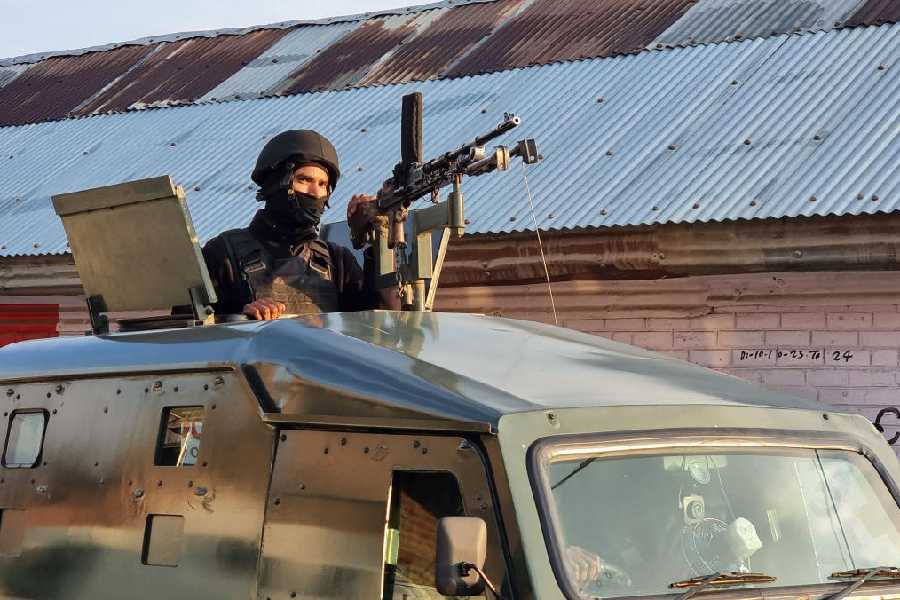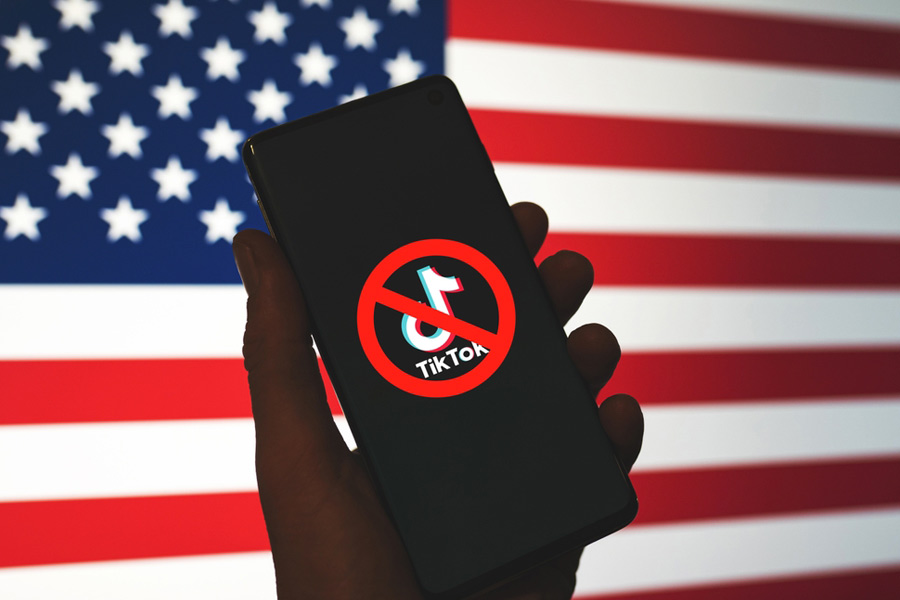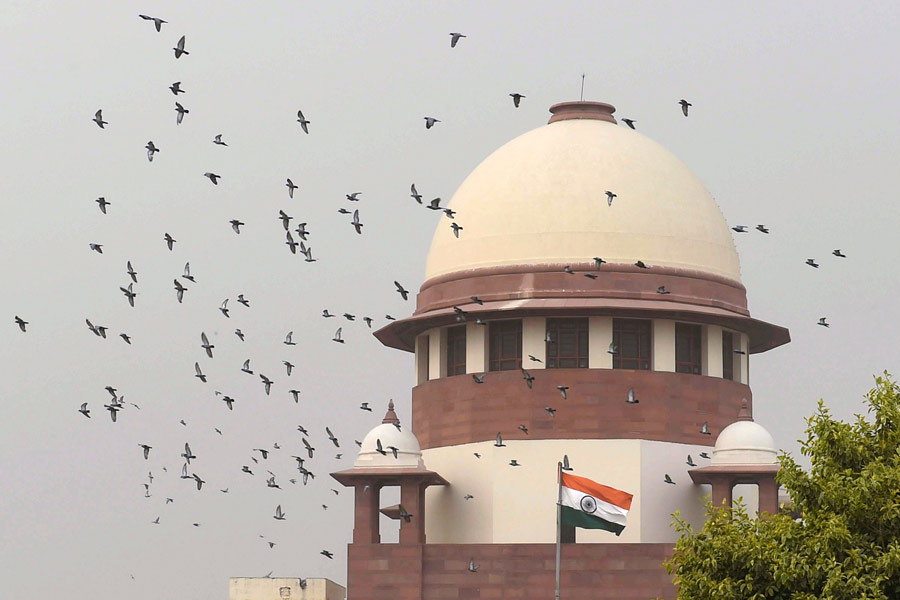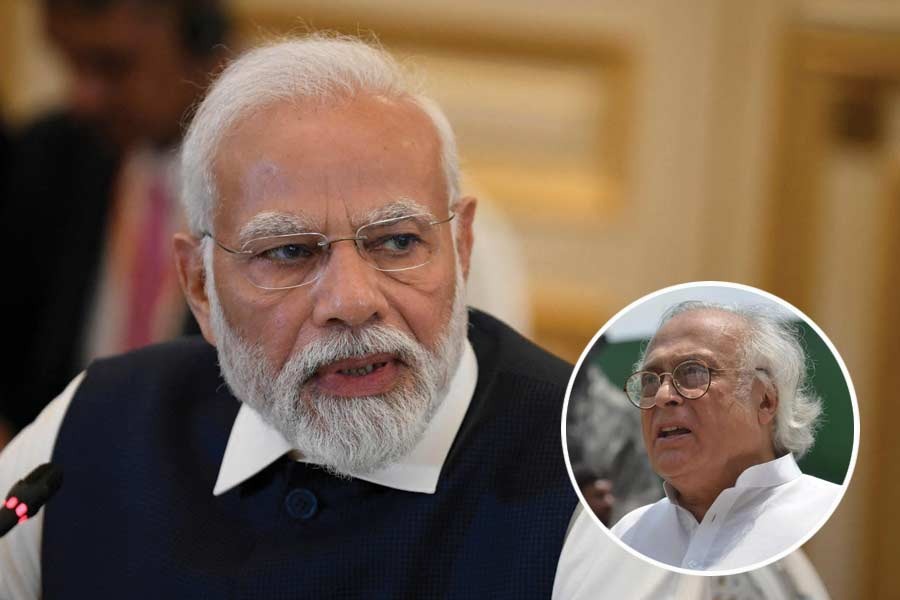
It's hard to know why some deaths affect us more than others. Most people appalled by Gauri Lankesh's assassination neither knew her, nor even knew of her till she died. She was the editor of a tiny and declining Kannada tabloid. Yet the news of her assassination went viral and inside a day or two there were memorial meetings protesting her death all over the country. There was one at the Press Club in Delhi, for example, that was massively attended.
In some quarters this led to complaints of partiality and special pleading. There was a newspaper report from Assam that pointed out that 32 journalists had been murdered in the state since 1987 and no notice had been taken of these killings by India's Delhi-centric news organizations. If the villain here was metropolitan snobbery, other critiques blamed discriminatory coverage on the tendency of anglophone Indians to reserve their sympathy for one of their own.
Before she became the editor of a bhasha tabloid, Gauri Lankesh had worked as a journalist in the English language press and she continued to write columns in English to subsidize her Kannada weekly. The English press might have shallow local roots but it has a pan-Indian presence and it's not unreasonable to point out that being connected with it creates a network of familiarity and recognition that might be missing when a tragedy occurs outside the boundaries of this print community. And since English in India is closely connected with class, this empathy might have something to do with the powerful sense of belonging that holds this all-India middle-class together.
But these criticisms weren't only intended as sociological insights; they were also political arguments. They were political arguments aimed at discrediting the outrage that Gauri Lankesh's murder had occasioned by characterizing it as selective and biased. There was more to this bias than class and language; after all, India's most successful and widely watched English television news channels like Times Now and the Republic were, at the time, often preoccupied by news other than Gauri Lankesh's death. The adjacent argument, implied and explicit, was that the outrage about Lankesh had more to do with her vehemently anti- Hindutva position in life than the tragedy of her death.
The anglophone New Right argued that Gauri Lankesh's death had been weaponized by liberals and the left. Instead of waiting for the criminal investigation to catch the murderer, Narendra Modi's enemies had jumped the gun by laying the blame for Lankesh's murder at the door of Hindu communal parties and organizations. It isn't hard to show that 'jumping the gun' is something of an Indian pastime, but that would be whataboutery and unworthy of a moment as tragic as this one. It might be more useful to examine the patterns of violence, callousness and impunity that make majoritarian organizations suspects in a murder of this sort.
The executions of rationalists and free thinkers politically hostile to majoritarian beliefs and practices in Maharashtra and Karnataka over the last four years has led to members of two militant Hindutva organizations, the Hindu Janajagruti Samiti and its parent body, the Sanatan Sanstha, being charged with or linked to these murders by the designated investigative agencies, variously the CBI, the CID and the SIT. No one has been convicted but given the politics of the victims and the identity of the suspects in every one of these cases, an extraterrestrial might be forgiven for believing that the majoritarian right has a hand in these killings. Given that Gauri Lankesh was executed in exactly this way, it isn't surprising that the needle of suspicion points in a specific direction.
Matters of guilt can only be settled by the courts but the callousness of the Hindutva right towards murders by vigilantes and others is more easily demonstrated. The spectacle of ministers, members of parliament, chief ministers and various office bearers of the sangh parivar blaming the victims and dissembling on behalf of the accused in the aftermath of a lynching is a familiar sight. The rash of lynchings and thrashings in recent times has created an environment where communal militias seem like arms of the State.
The prime minister's speaking silences punctuated by belated and perfunctory admonitions have done nothing to clear the air. On the contrary, his more feral admirers have begun to vie with one another to win laurels in the vileness stakes. After Gauri Lankesh's assassination and the protests that followed, Nikhil Dadhich, a businessman from Gujarat, tweeted this: 'A b**ch died a dog's death and her pups began to howl in tune.'
Three years into Narendra Modi's prime ministership most people are inured to the excesses of his followers on social media; what still has the power to shock is the fact that the prime minister of India follows this man on Twitter. What's worse, in the aftermath of the uproar caused by Dadhich's tweet, he continued to follow him. In a way this is unsurprising. Four years ago, in 2013, chief minister Modi (as he was then) also used a canine metaphor to explain the regret he felt about the 2002 killings in Gujarat. He said that it was the sort of regret any human being would feel if he were riding in a car driven by someone else that happened to accidentally run over a puppy.
Gauri Lankesh has been killed in a political environment where the State's attitude towards freelance violence has become increasingly permissive. It is a world where the curious locution 'condemnable' has come to indicate that the speaker is about to produce a dangling 'but' that will make it clear that he doesn't, in fact, condemn murders and lynchings unequivocally. In 1937, the Congress came to power in Uttar Pradesh (then called the United Provinces) and managed in two years of rule to alienate Muslim political opinion. This was partly because the party's rank and file was overwhelmingly Hindu and saw in the Congress's ascension an opportunity to settle old disputes about Holi processions and animal sacrifice. In 2017, we're seeing something similar on a pan-Indian scale.
In death, Gauri Lankesh has become a lightning rod for the anxiety that this violence induces. We don't know why some people become causes and not others. Anti-semitism was rife in France's civil and military establishments well before the Dreyfus affair and yet it was Captain Alfred Dreyfus's wrongful conviction and Émile Zola's famous indictment that made it a cause célèbre. There is no bias or injustice to this; history is a contingent business, not an equal opportunity tribunal. It helps the cause if the person being memorialized is as brave and true as Gauri Lankesh but even if it had been someone less worthy, his death or hers would still have borne witness to an existential menace that threatens the Republic and could consume us all.

